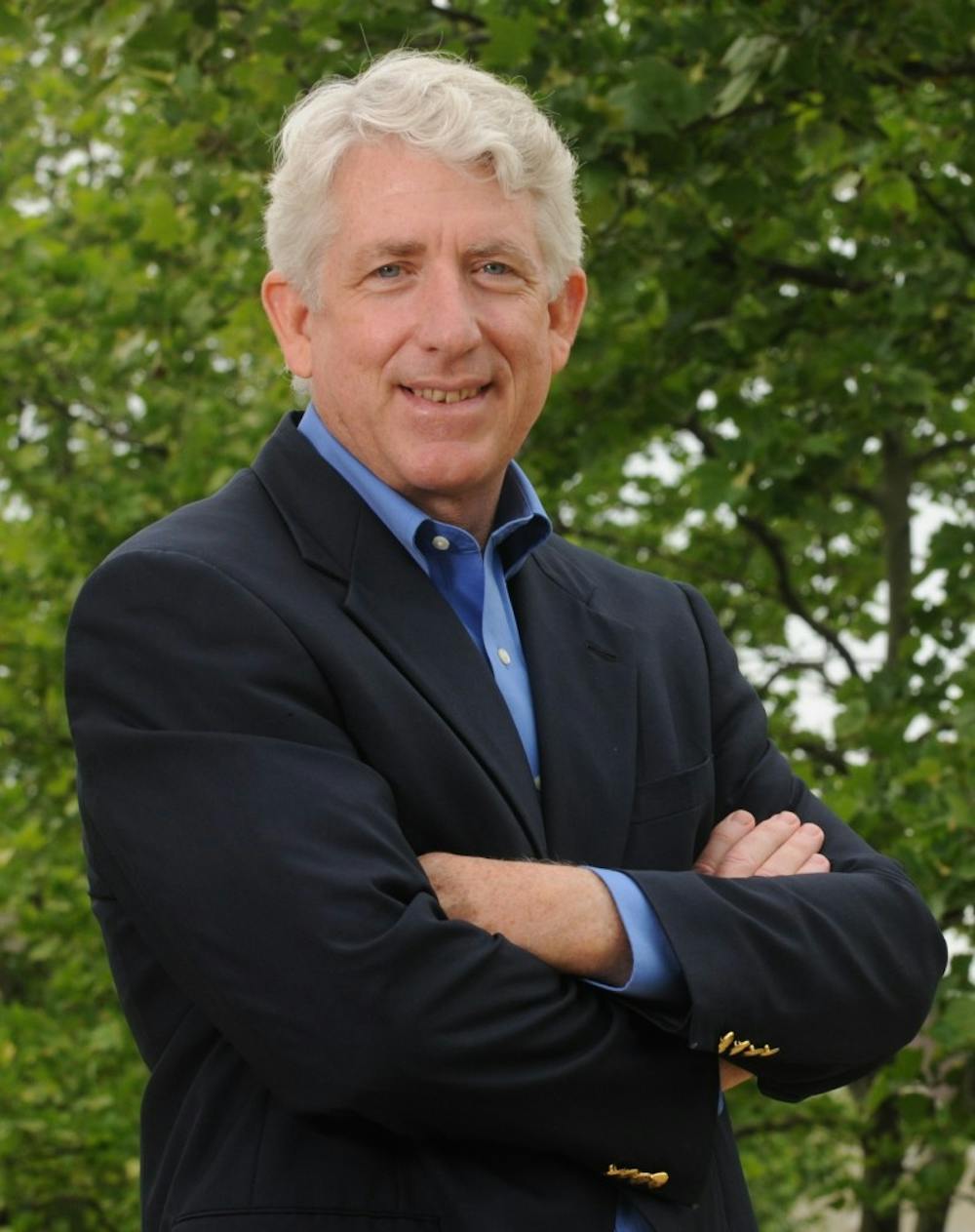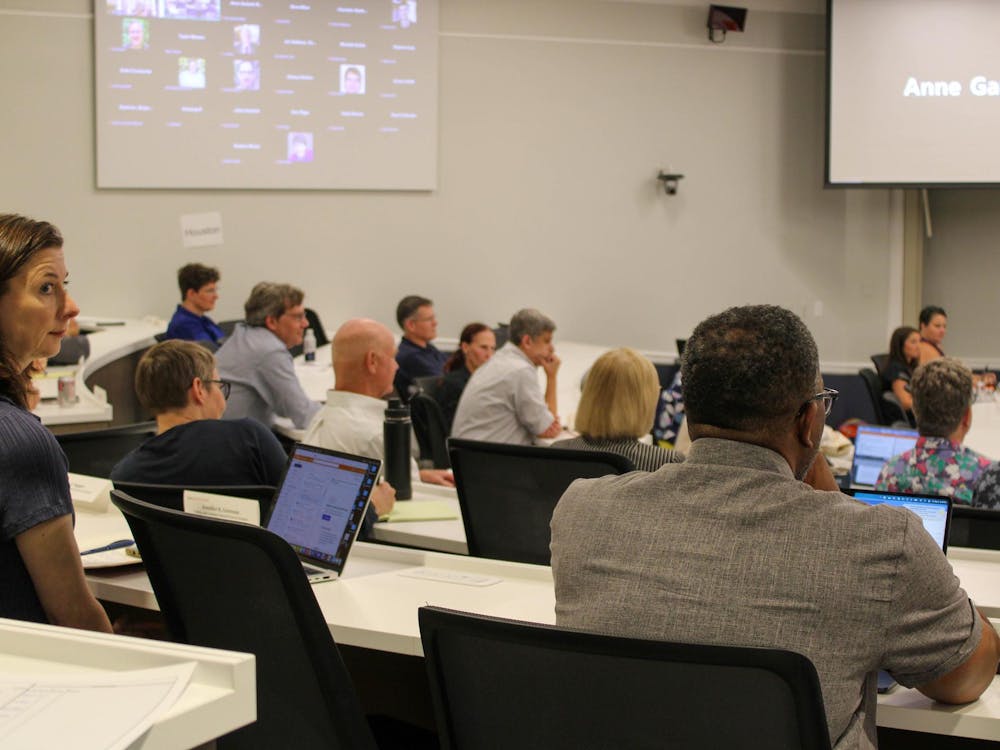Attorney General Mark Herring announced last Thursday he does not intend to defend the state’s current ban on same-sex marriage in federal court. Herring is pushing to have the ban declared unconstitutional.
“I swore an oath to both the United States Constitution and the Virginia Constitution,” Herring said in a press release. “After thorough legal review, I have now concluded that Virginia’s ban on marriage between same-sex couples violates the Fourteenth Amendment to the U.S. Constitution.”
Herring has sided with those challenging the constitutionality of Virginia’s same-sex marriage ban in the July 2013 court case Bostic v. Rainey. In the case, one gay couple and one lesbian couple are requesting the right to get married or have a marriage performed in another state recognized in Virginia.
Herring spokesperson Michael Kelly said the decision will not alter any legal rights of gay couples in Virginia immediately.
“The Attorney General’s decision will not change the ban,” Kelly said. “The ban remains in place and will continue to be enforced until the court rules otherwise.”
In the press release, Herring framed the issue as one primarily concerning civil liberties and personal rights, saying Virginians should no longer face discrimination “based on whom they love and commit their lives to.”
Queer Student Union officer Abe Wapner, a fourth-year College student, said Herring’s decision reflects Virginia’s shifting position on gay marriage and LGBTQ rights more broadly, which he hopes others in the University community will recognize.
“The shifting stances of our top lawmakers means that the professional and social discrimination felt by LGBTQ minorities at U.Va. may soon come to an end,” Wapner said in an email. “Herring’s decision is another hopeful step forward for supporters of LGBTQ rights at U.Va.”
Wapner said Herring’s decision may encourage gay students at the University to stay in Virginia after graduating.
“Students who would previously never have considered making a life in Virginia, choosing instead to move to New York, California, or a friendlier environment for LGBTQ minorities, might begin to seek a home in this state after graduation,” Wapner said.
Kelly defended the Attorney General’s decision and said that his action is not unprecedented.
“Any attorney general is well within his power to not defend a law that he finds unconstitutional,” Kelly said. “When part of a state constitution violates the U.S. Constitution, the attorney general has a duty to correct the state’s violation.”
Virginia Solicitor General Stuart Raphael filed electronically with the federal court Friday, affirming Herring’s decision to side with those suing the state in Bostic v. Rainey.
“The Attorney General has notified the court that the Commonwealth’s position has changed and has filed a brief that explains why he finds the ban to be unconstitutional,” Kelly said. “Now it is up to the judge to make the decision.”







